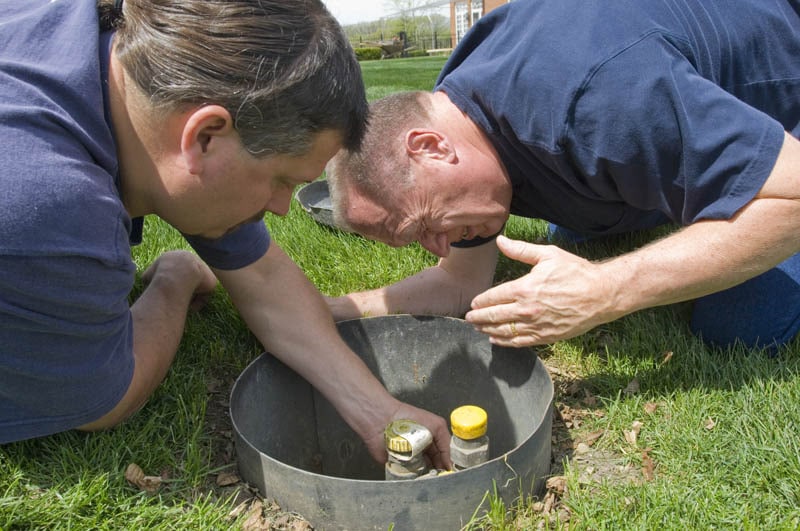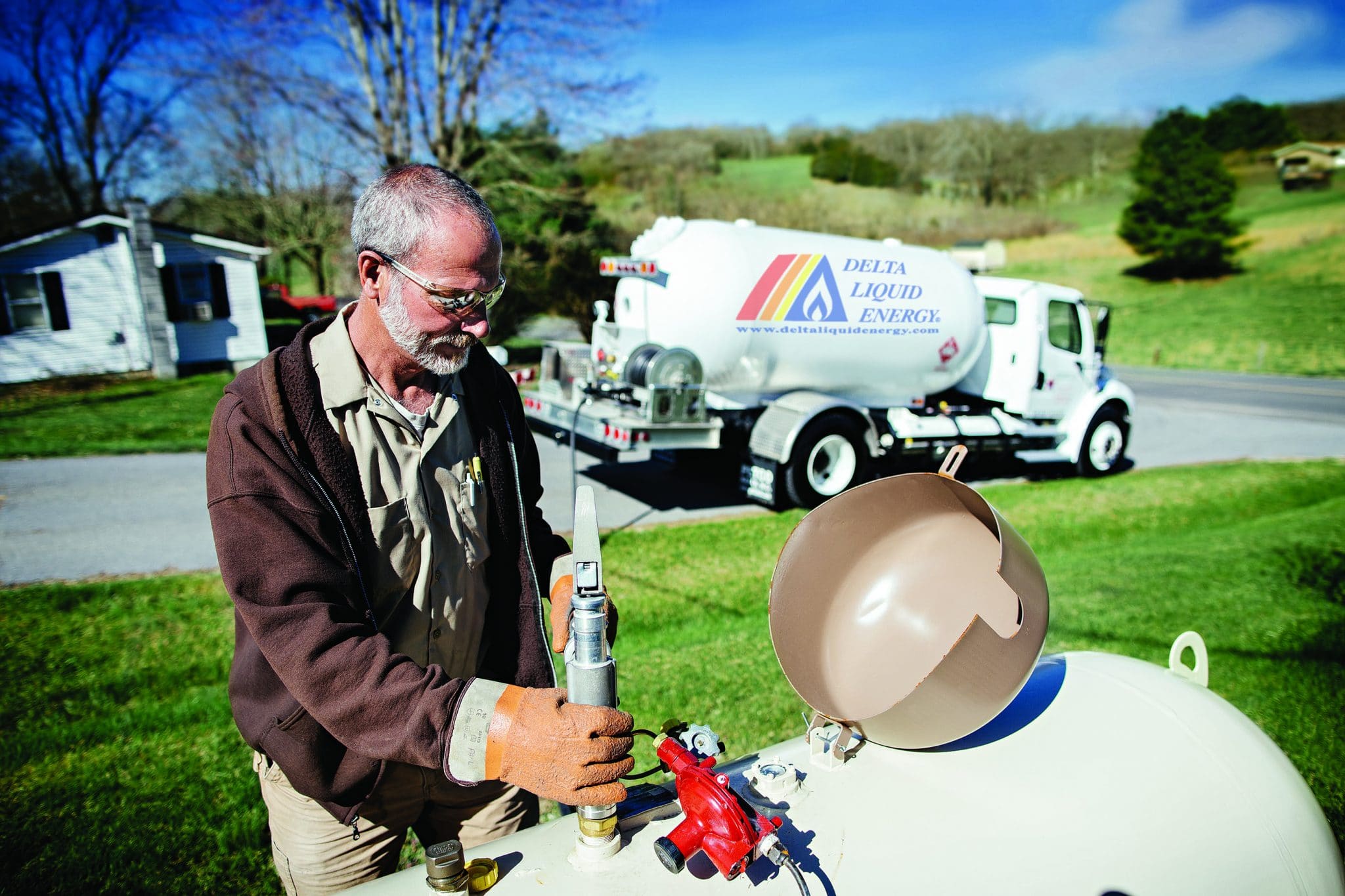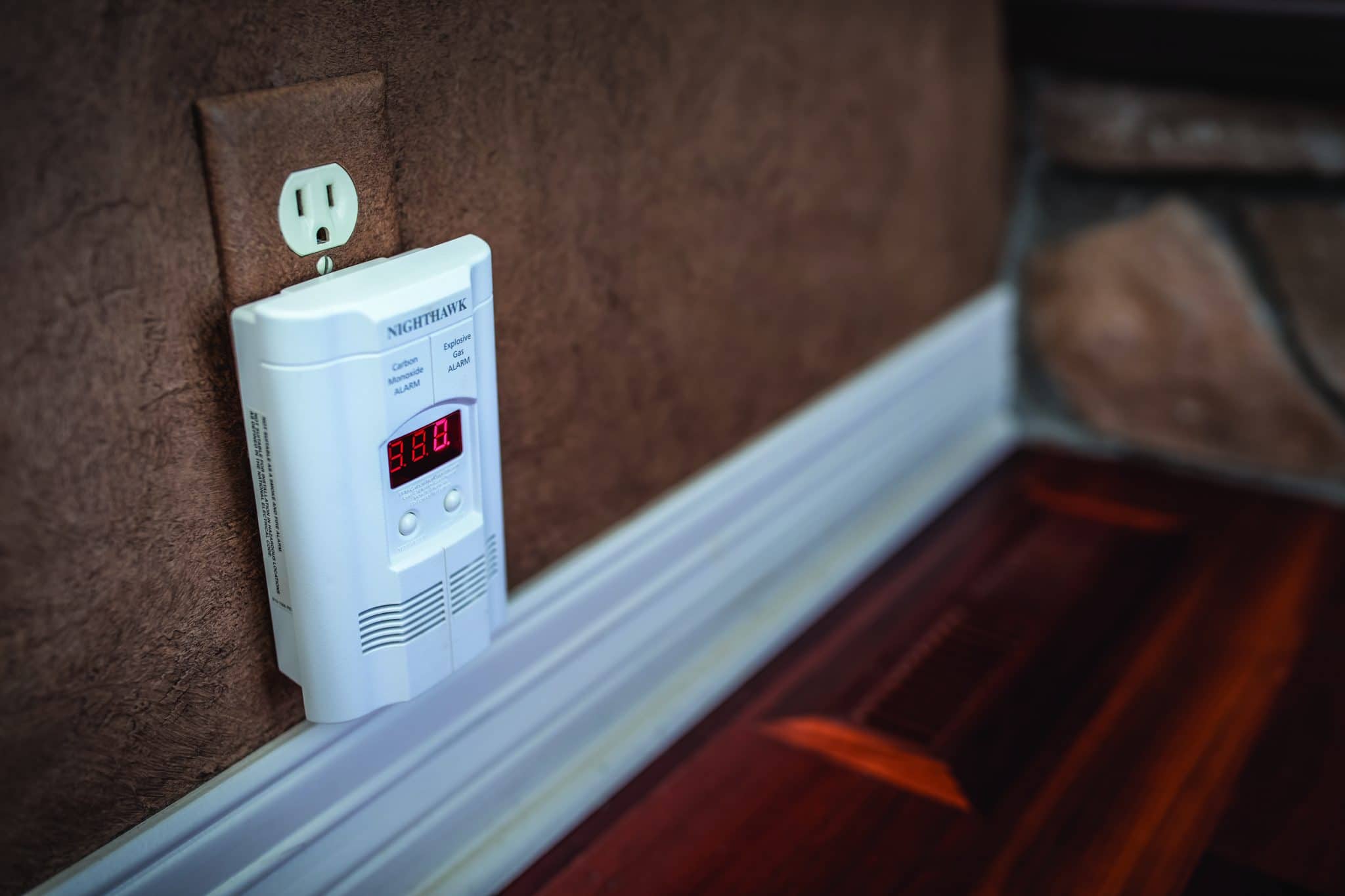Propane for residential use is very common for consumers living in rural areas or away from natural gas lines. Nothing is more important to Delta Liquid Energy (DLE) than the safety of your home and family. Below are some important safety reminders for consumers using propane to power their home and for those interested in making the switch to cleaner burning propane.
Propane Education and Research Council Consumer Safety Brochure
Do you own your propane tank? Take a look at these safety reminders for consumer owned tanks:
Residential Warning Signs
- If you can’t light or keep the pilot lit in your hot water heater, there is most likely a safety feature working to warn you that there is a problem. Turn off the gas and call your local DLE office.
- If the burner on your range is not blue there may be a clog that needs servicing immediately. Turn off the gas and call your local DLE office.
If You Think You Smell Gas
- DO NOT turn on or off light switches, appliances or thermostats
- Evacuate everyone from the building immediately
- Shut off the gas supply from an outside tank
- Call your local DLE office or fire department immediately from a telephone outside of the building and stay outside
Because propane is denser than air, if you have a leak, it will settle on the floor in areas that are not properly ventilated. Any ignition source could cause an explosion.
Prevent Carbon Monoxide Poisoning in your Home
- Make a visual check of your vents to make sure nothing is blocked. Soot in and around a vent cap can be an indication that there is a problem with blockages or seals.
- When experiencing flu-like symptoms, leave the house to see if they clear up — if they do, there might be a carbon monoxide leak in your home.
- Open flues when fireplaces are in use and make sure that all doors on wood stoves fit tightly.
- VENTILATE whenever possible.
- Purchase a CO detector for your home from a local hardware home improvement store. Be sure to change the batteries on a regular basis!
“I’m Out of Propane!”
This is an uncommon occurrence and your out-of-gas situation may be caused by an unknown leak rather than neglect. Insurance statistics show that most accidents involving propane are caused by homeowners trying to re-light their pilot lights after running out of gas. If your pilot light is out, call your local DLE office. We will send a qualified service technician to diagnose the problem.



